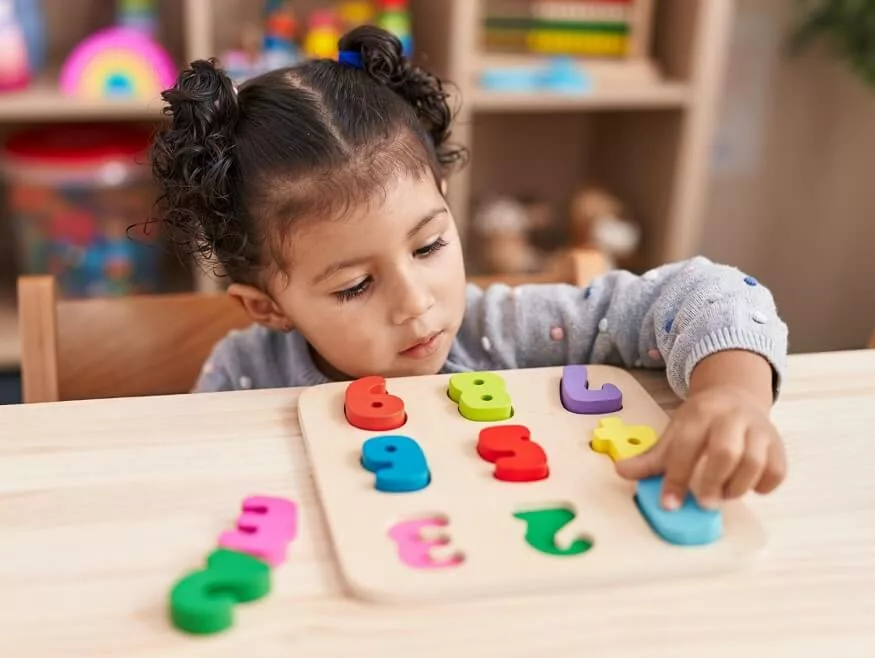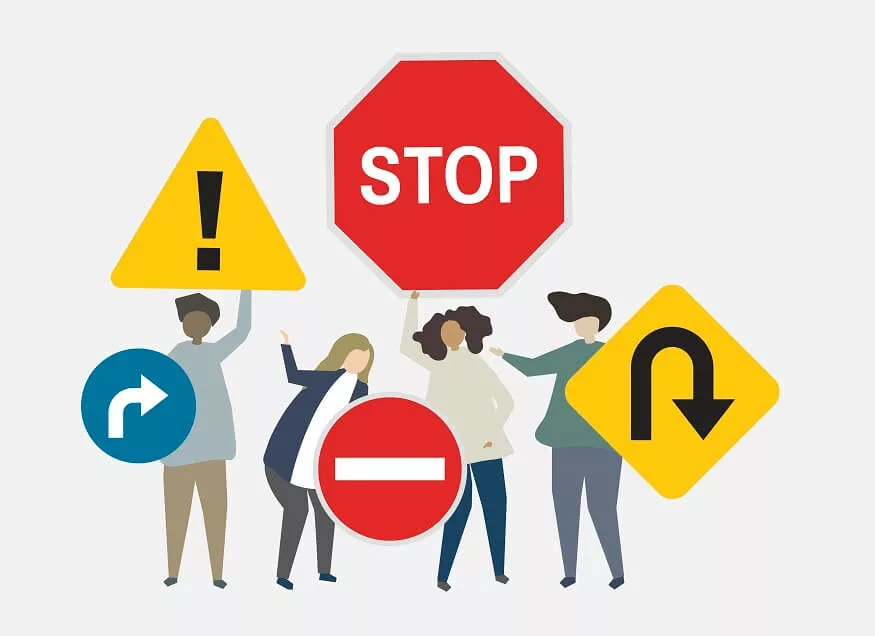The education system in India can be broadly categorised into the following phases: Pre-Primary School Education
- Age group – 3 to 6 years
- Classes – Pre-Nursery, Nursery, LKG and UKG
Primary School Education
- Age group – 6 to 12 years
- Classes – Classes 1st to 5th
Middle School Education
- Age group – 12 to 14 years
- Classes – Classes 5th to 8th
Secondary School Education
- Age group – 14 to 16 years
- Classes – Classes 8th to 10th
Senior Secondary School Education
- Age group – 16 to 18 years
- Classes – Classes 11th to 12th
Undergraduate Education
- Length: 3 to 4 years
- Sample Programs: Bachelor of Technology, Bachelor of Commerce, Bachelor of Arts, Bachelor of Science
Postgraduate Education
- Duration: 2-3 years
- Sample Courses: Master of Technology, MBA, MBBS
Each phase of education holds specific focus areas and objectives. This blog examines the significance and objectives of pre-primary education. Pre-primary education is the child’s first foray into formal education. In other words, it is the education a child receives before going to Class I. Pre-primary education can be seen as a preparation round for the kids before they enter into the more formal and slightly rigid structures of primary education. Pre-primary classes play the role of orienting kids to the school learning paradigm. Being at school, away from parents, for long hours, with other kids, and teachers could be an unsettling experience for a 3-year-old. Each kid might respond differently to this new exposure. Pre-primary education does the job of orienting students to the paradigm of learning at school.
Pre-primary education broadly serves a dual learning purpose – behavioural and academic.
Also Read: Understanding Pre-primary, Primary, Secondary Education Stages.
Behavioural Orientation
3-year-old children depend on their parents for daily tasks and frequently listen to and follow their guidance. This dependency needs to be reduced to prepare kids for primary schooling. This behavioural conditioning is one of the primary objectives of pre-primary education. During pre-primary classes, kids learn:
- To be emotionally and physically comfortable: Staying away from their parents for long hours. In the initial days, pre-primary classes reverberate with the noise of cranky and crying kids as they can’t handle being in a strange new environment away from their parents.
- To socialise with other kids in their class, learn to share and work together: While some kids might have siblings at home, being around other kids is a whole new experience. In pre-primary classes, children learn to get along with their classmates, form friendships, share toys, and collaborate. This is a crucial part of classroom conduct that kids grasp during this phase.
- To be independent and be able to handle themselves and their needs: Parents are overprotective and over-caring about their kids. Parents are often vigilant, meeting children’s needs from bathroom breaks to feeding, comforting after a fall, and entertaining them. However, in pre-primary classes, children largely handle these tasks independently. While teachers provide assistance, kids learn to manage their daily needs, fostering self-reliance, a key goal in pre-primary education.
- To understand the role of the teacher: Pre-primary education introduces kids to the concept of a teacher. Till this time, most kids have only been exposed to their parents who gave them instructions that they needed to follow and obey. During pre-primary classes, kids learn to respect and obey their teachers. They learn to be more comfortable around someone akin to a parent. During this time, kids learn to trust and respect their teachers, which helps them in their educational journey.
- To follow rules, comprehend instructions and take directions: Pampered kids usually rule their households. Schools are a lot different. Pre-primary education teaches kids discipline. They learn to follow the rules of the school, whether it is the timings, dress code, homework submission deadlines, classroom conduct, etc. They learn to follow instructions and directions given by their teachers. This helps in bringing about a sense of discipline amongst the kids, another critical trait for a successful academic and professional life.
Also Read: All about Primary Education
Academic Orientation
In addition to behavioural orientation, pre-primary classes also play the role of bridging any gaps between the current knowledge of the kids and the knowledge they might need to start Class I. Academic focus during pre-primary education broadly focuses on developing the following areas:
- Language skills: Typically, children learn to read and write alphabets, spell out and pronounce words, identify basic objects by their names, and sentence formation using basic English. In some cases, pre-primary education also teaches kids the basics of a second language of their choice.
- Number skills: Kids learn to read and write basic numbers, the concept of quantity as designated by numbers, etc.
- Art and craft: Kids are exposed to the creative side of the world by engaging in fun art and craft activities such as drawing, sketching, painting, and making crafts using various items.
- Games and Activities. Kids are also exposed to fun games and activities which help develop their cognitive and motor skills. These games typically appeal to the five senses of kids with activities involving music, listening to stories, riddles, quizzes, puzzles, dance, drama, etc. Learning through games and activities is an integral part of learning in pre-primary classes.
- Computers: Most kids are exposed to computers even before they reach the pre-primary stage. The usage of computers or tablets is quite prominent in primary schools. Hence, pre-primary education can also involve orienting kids to the usage and handling of computers and tablets.
- Environment: Kids are also made aware of their environment – birds, animals, plants, and trees, and are also taught lessons in moral values, manners, and cleanliness.
Also Read: Nursery Admission FAQs for Kids and Parents
EuroSchool has a pre-primary education curriculum designed by child development and academic experts. Our teachers are well versed in handling pre-primary kids and provide personalised attention for the holistic development











